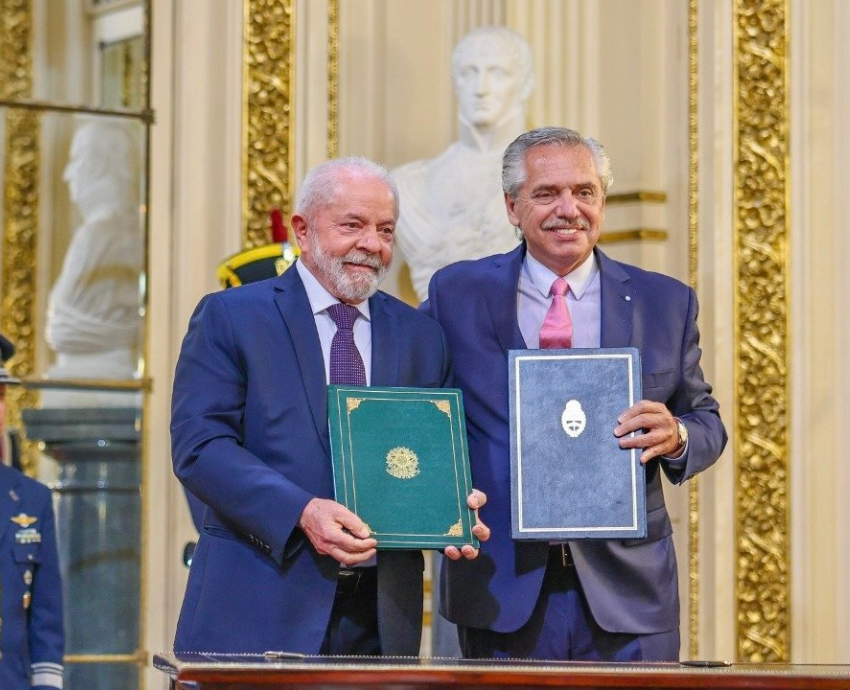
The governments of Argentine President Alberto Fernández and Brazilian President Luiz Inácio “Lula” da Silva have officially rejoined the Union of South American Nations (UNASUR), a regional integration organisation founded in May 2008.
Between 2018 and 2020, Argentina, Brazil, Chile, Colombia, Ecuador, Paraguay, Peru and Uruguay — under the leadership of conservative heads of state — withdrew from UNASUR due to their alignment with United States’ interests.
In November 2019, following the coup against democratically elected president Evo Morales, the de facto government led by Jeanine Áñez withdrew Bolivia from UNASUR. In November 2020, after the election of President Luis Arce, the country rejoined the regional body.
In August 2021, the government of former Peruvian President Pedro Castillo also announced his country’s reincorporation into the bloc. However, following his ouster and arrest in December last year, Castillo’s successor Dina Boluarte suspended Peru’s membership.
Argentine foreign minister Santiago Cafiero announced on April 5 the country’s official return to the body after four years of absence. Likewise, Lula signed a decree on April 6 making official Brazil’s return to UNASUR, also after four years.
The measure marked a step in Lula’s drive to reposition the country’s politics after the four years of conservative former president Jair Bolsonaro, who withdrew Brazil from the bloc in April 2019.
Brazil’s decision came a day after the member states of the Alliance of Latin American and Caribbean Countries against Inflation (APALCI), including Brazil and Argentina, agreed to join efforts to face the inflation crisis and strengthen regional integration and trade.
[From the Peoples Dispatch/Globetrotter News Service.]